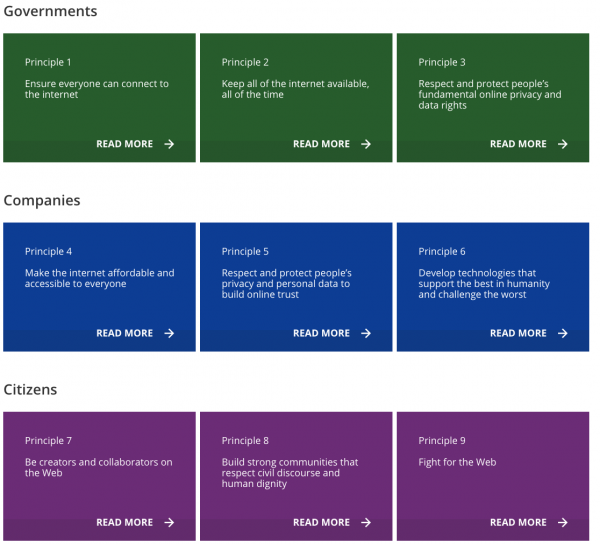CRS Report: “Artificial intelligence (AI) is a rapidly growing field of technology with potentially significant implications for national security. As such, the U.S. Department of Defense (DOD) and other nations are developing AI applications for a range of military functions. AI research is underway in the fields of intelligence collection and analysis, logistics, cyber operations, information operations, command and control, and in a variety of semiautonomous and autonomous vehicles.
Already, AI has been incorporated into military operations in Iraq and Syria. Congressional action has the potential to shape the technology’s development further, with budgetary and legislative decisions influencing the growth of military applications as well as the pace of their adoption.
AI technologies present unique challenges for military integration, particularly because the bulk of AI development is happening in the commercial sector. Although AI is not unique in this regard, the defense acquisition process may need to be adapted for acquiring emerging technologies like AI. In addition, many commercial AI applications must undergo significant modification prior to being functional for the military.
A number of cultural issues also challenge AI acquisition, as some commercial AI companies are averse to partnering with DOD due to ethical concerns, and even within the department, there can be resistance to incorporating AI technology into existing weapons systems and processes.
Potential international rivals in the AI market are creating pressure for the United States to compete for innovative military AI applications. China is a leading competitor in this regard, releasing a plan in 2017 to capture the global lead in AI development by 2030. Currently, China is primarily focused on using AI to make faster and more well-informed decisions, as well as on developing a variety of autonomous military vehicles. Russia is also active in military AI development, with a primary focus on robotics.
Although AI has the potential to impart a number of advantages in the military context, it may also introduce distinct challenges. AI technology could, for example, facilitate autonomous operations, lead to more informed military decisionmaking, and increase the speed and scale of military action. However, it may also be unpredictable or vulnerable to unique forms of manipulation. As a result of these factors, analysts hold a broad range of opinions on how influential AI will be in future combat operations. While a small number of analysts believe that the technology will have minimal impact, most believe that AI will have at least an evolutionary—if not revolutionary—effect….(More)”.

